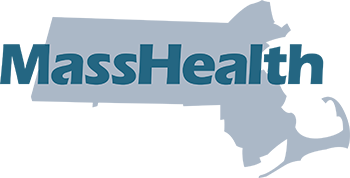What is Health Connector for Business?
Health Connector for Business is employer-sponsored health benefits offered through the Health Connector helps small business owners provide medical and/or dental insurance to their employees. Some smaller employers qualify for a wellness rebate of 15% and/or tax credits if they enroll in insurance exclusively through the Health Connector. A small business can offer health and/or dental insurance to their employees if they: Have between 1 and 50 full-time equivalent (FTE) employees. Note: The business must have at least one full-time equivalent employee other than owners, partners, or their family members. Offer coverage to all full-time employees Enroll at least 70% of the employees offered insurance (with some exceptions) An employer chooses health coverage with a "One Plan" option, or a reference plan for an Employee Choice option, and sets a employer contribution amounts. If Employee Choice is selected, employees will need to select their plans. Small business owners can sign up for coverage through Health Connector for Business on their own or with the assistance of an insurance broker at any time of year.





